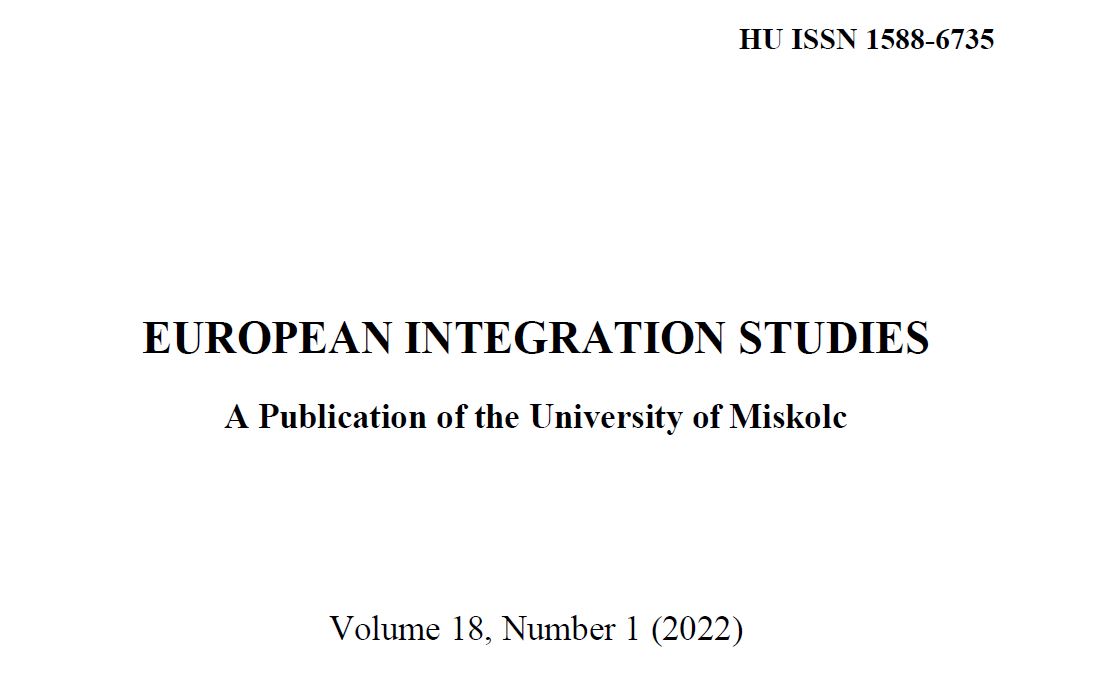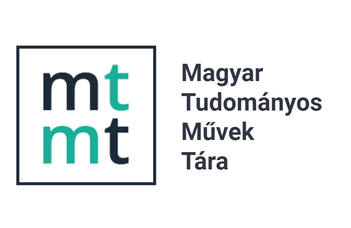The legal role of immorality in family property contracts
DOI:
https://doi.org/10.46941/2022.e1.137-147Keywords:
family property contract,, contract,, immorality,, invalidity,, family lawAbstract
A family property contract is an atypical contract, regulated by family law and contractual legal rules simultaneously. Contractual freedom is an important part of family property relations. Although private autonomy between family members cannot tolerate intervention, there are several situations that make it necessary. The limits of contractual freedom have a complex system in the Civil Code. The reason for that is the protection of legal rules has two directions. On the one hand, it helps family members in a vulnerable situation, and, on the other hand, it protects third parties who have a legal relationship with the family members. Another important reason for this complexity is the connectable nature of legal rules. Property contracts are primarily regulated under family law, secondly under contract law. As a result, we can find limits raised from family law orders, parallel to those, having contractual nature but at the same time adjusting effect to the family relationships.
However, the invalidity of these contracts, as an important issue is already a neuralgic point. In cases of family property contracts, the long-term nature and emotional relation among family members make it difficult to use the traditional legal consequences of contract law. Furthermore, it is also complicated to find a perfect solution for legal arguments between parties. This is especially true in the internal/intimate legal relations of the parties, where the basis of accounts is called into question – because the property of parties is always changing –, it is difficult to reconstruct the circumstances at the time of concluding the contract not mentioning occurring temporary changes of property value.
Immorality, as a ground for invalidity, has a unique interpretation and adjudication in family property contract because the emotional reason of parties complicates the situation, and it is difficult to track back the root cause or the original motivation, which led family members to accept disadvantageous terms.
In my study, I will introduce the Hungarian legal practice and the interpretation of immoral family property contracts.
References
REFERENCES
Barzó T. (2017a). A magyar család jogi rendje. Budapest: Patrocínium Kiadó.
Barzó T. (2017b). A szerződési szabadság korlátai a házassági vagyonjogban. In: Görög M. – Hegedűs A. (eds.). Lege Duce, Comite Familia. Ünnepi tanulmányok Tóthné Fábián Eszter tiszteletére, jogászi pályafutásának 60. évfordulójára. Szeged: Iurisperitus Kiadó, pp. 31–43.
Csűri É. (2006). A házassági vagyonjog gyakorlati kérdései. Budapest: Complex Kiadó.
Csűri É. (2016). Házassági vagyonjog az új Ptk.-ban. Budapest: Opten.
Földi A. – Hamza G. (1996). A római jog története és institúciói. Budapest: Nemzeti Tankönyvkiadó.
Kőrös A. (2013). Alapelvek. In: Petrik, F. (ed.). Polgári jog. Családjog. Budapest: HVG-Orac, pp. 4–20.
Kőrös A. (2017). A magánautonómia korlátai a házastársak szerződési jogában. In: Görög M. – Hegedűs A. (eds.). Lege Duce, Comite Familia. Ünnepi tanulmányok Tóthné Fábián Eszter tiszteletére, jogászi pályafutásának 60. évfordulójára. Szeged: Iurisperitus Kiadó, pp. 304–318.
Kriston E. (2018). A család fogalma a társadalmi innováció sűrűjében, különös tekintettel a jogi és szociológiai megközelítésre. Publicationes Universitatis Miskolcinensis Series Juridica et Politica, Vol. XXXVI, No. 2, pp. 396–407.
Kriston E. (2020a). A családi vagyonjog szerződéses viszonyainak rendszere és jellemzői a Ptk.-ban, különös tekintettel a párkapcsolatban élők jogi szabályozására. Studia Iurisprudentiae Doctorandorum Miskolciensium, Vol. 19, No. 1, pp. 137–154.
Kriston E. (2020b). A „családi vagyonjog” és ami mögötte van – Párkapcsolatban élők közötti vagyoni viszonyok a magyar Ptk.-ban. In: Csák Cs. et al. (eds.). Modern researches: progress of the legislation of Ukraine and experience of the European Union. – Part 1., Riga: Izdevniecība “Baltija Publishing”, pp. 77–92.





